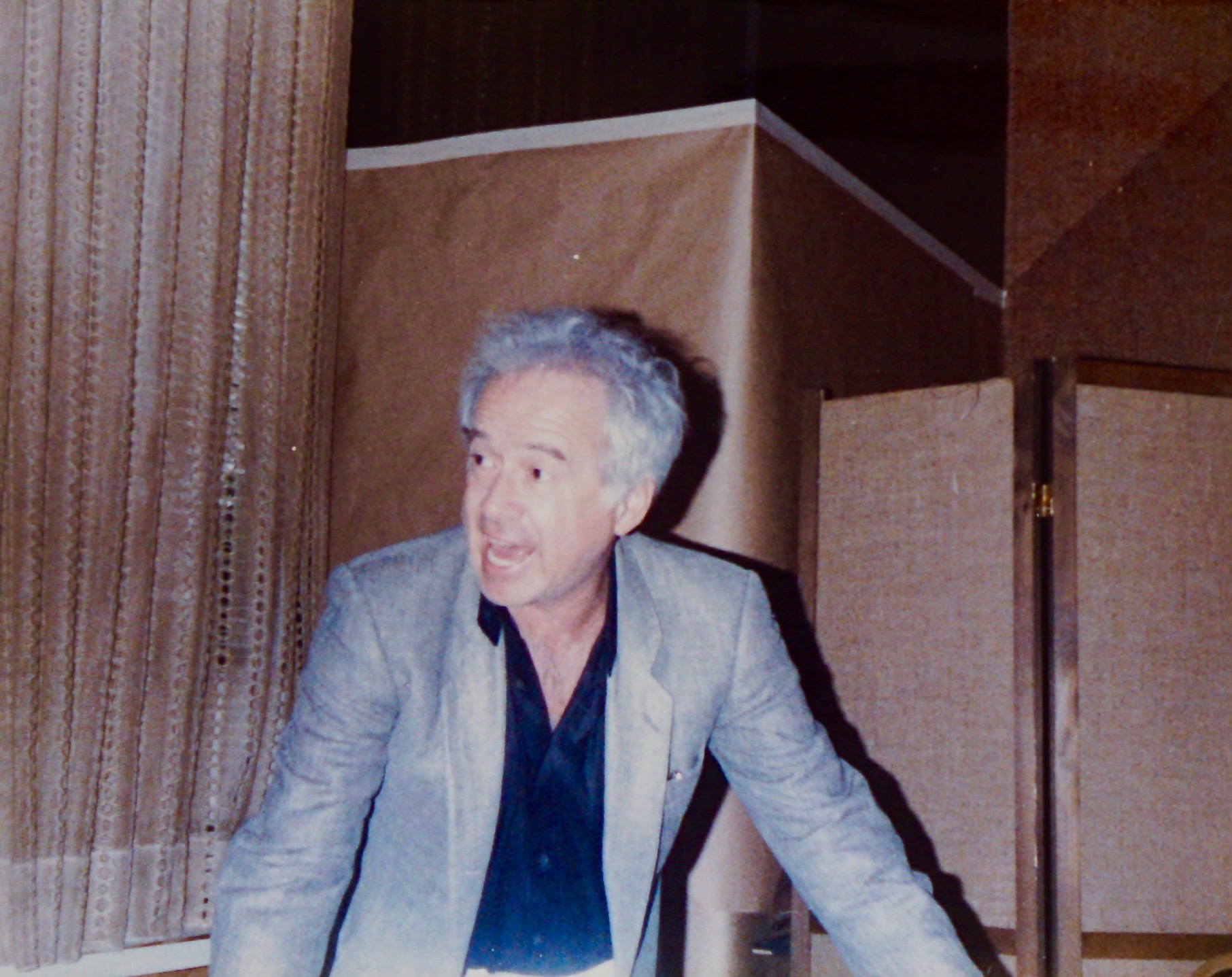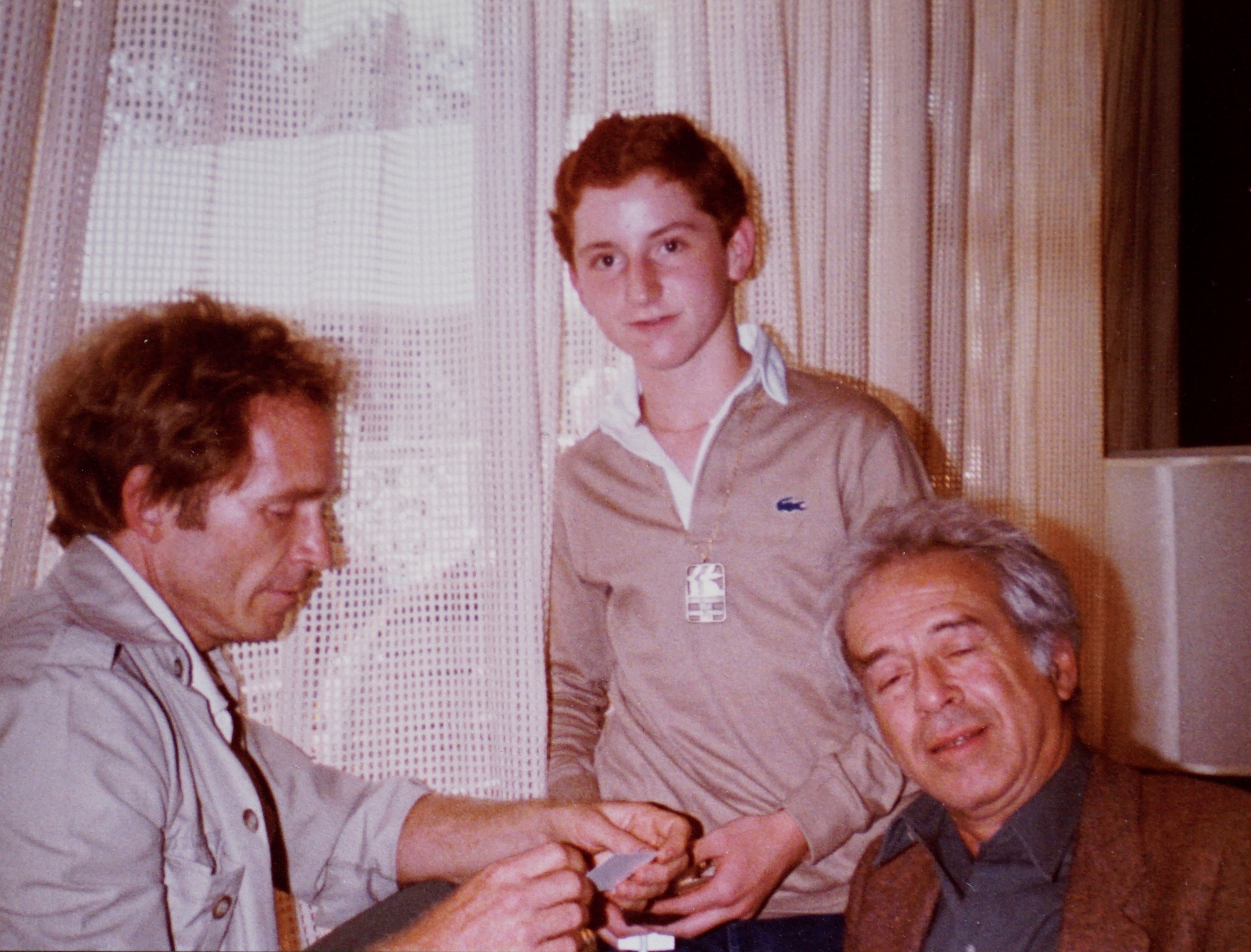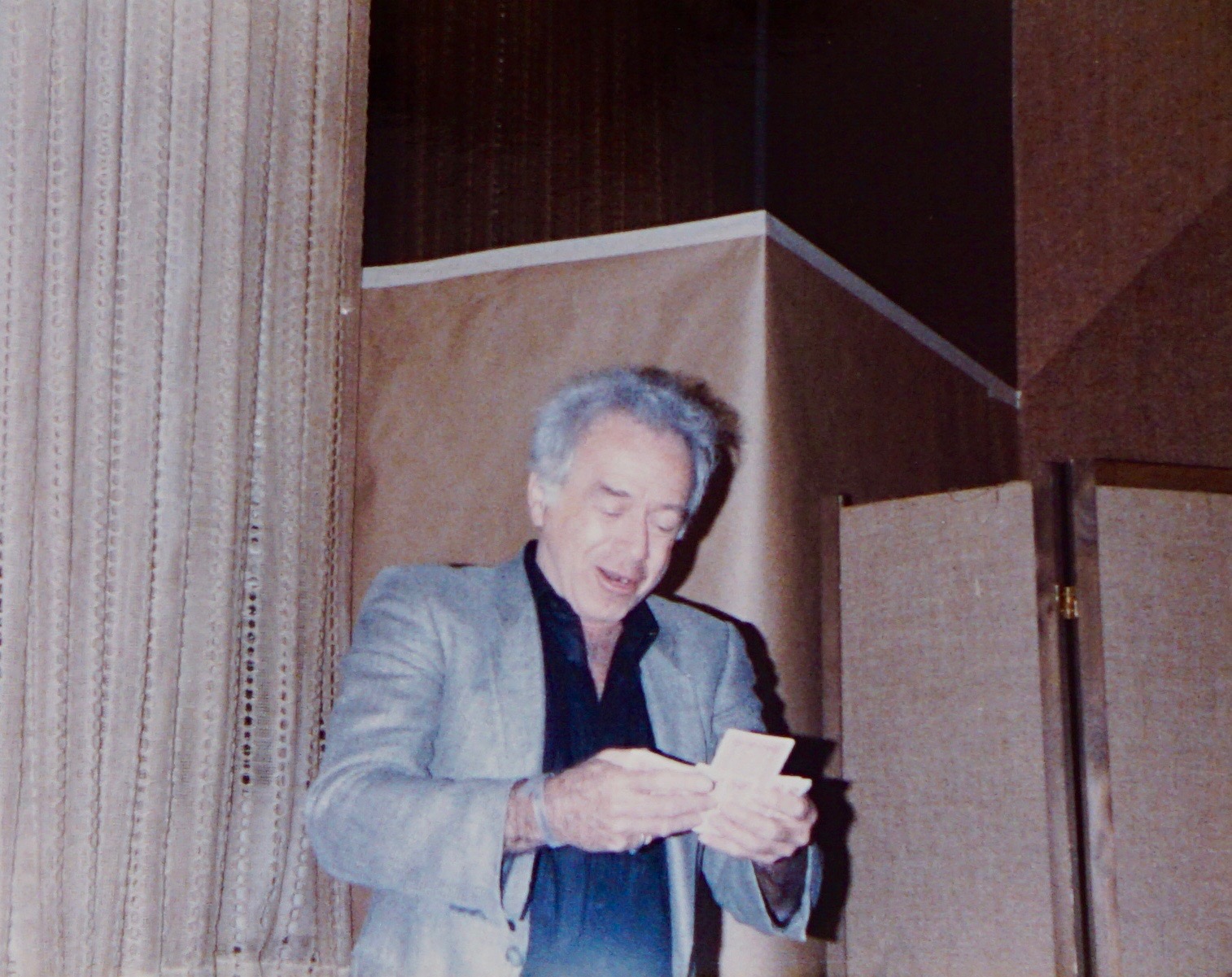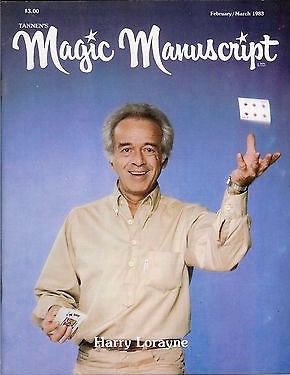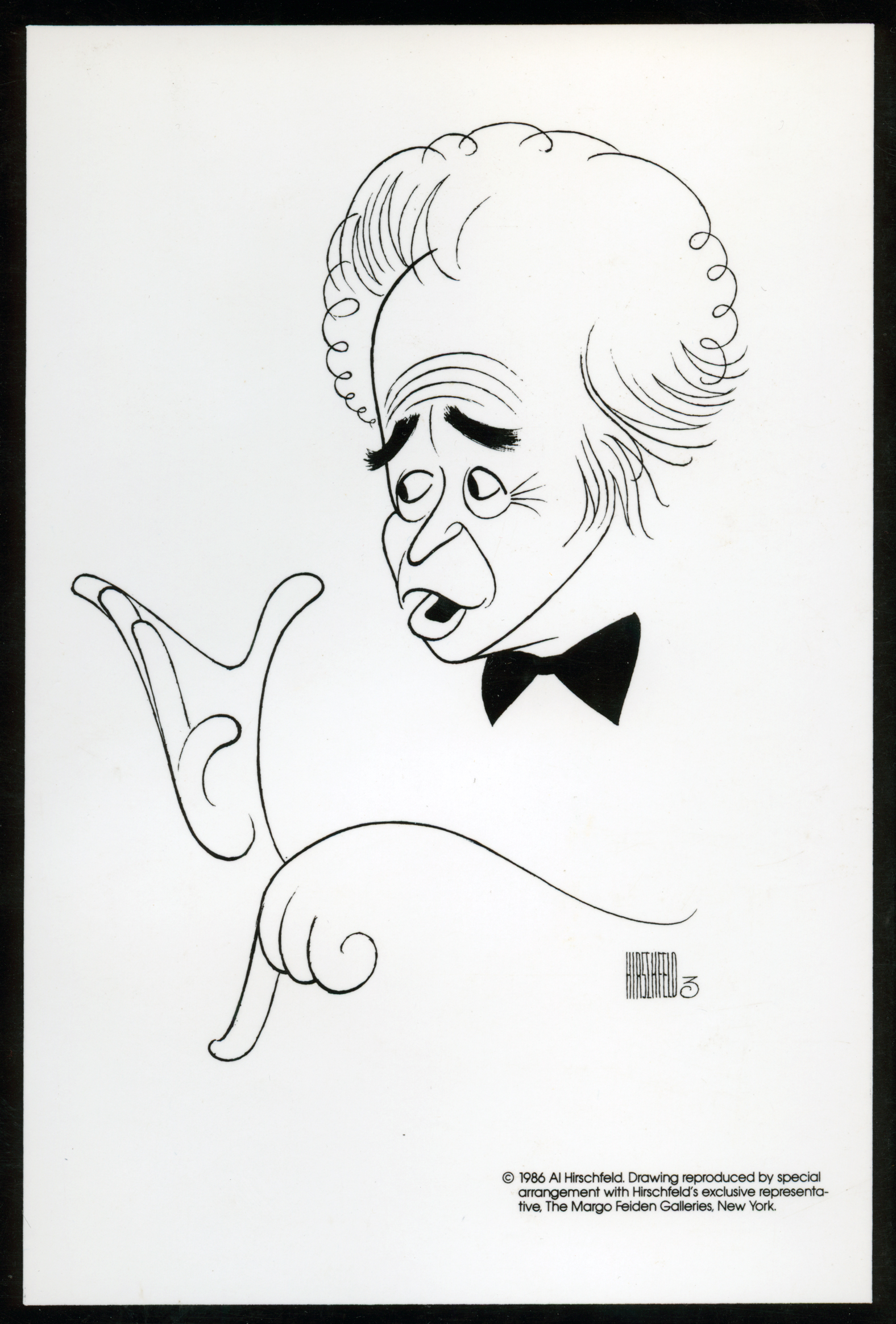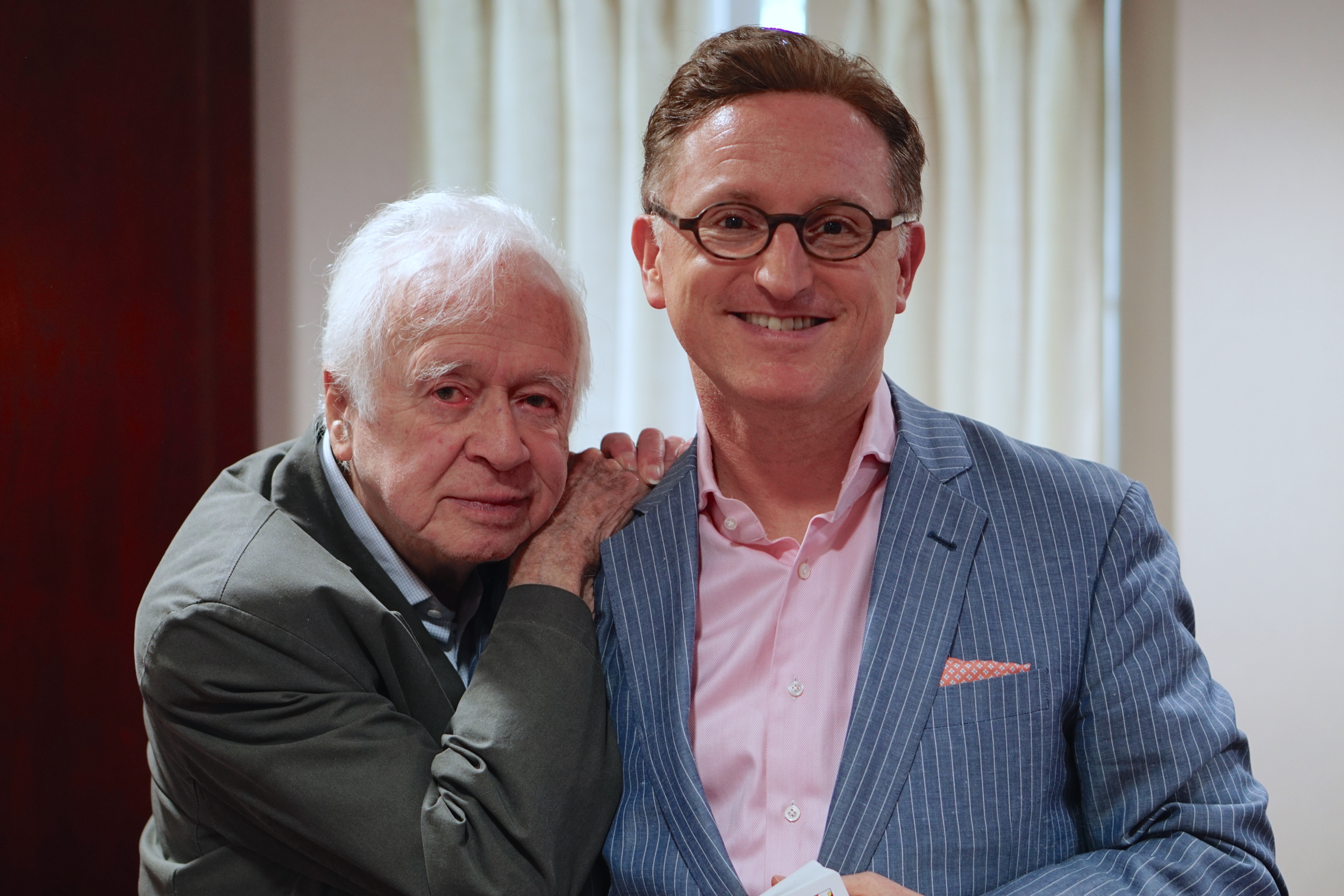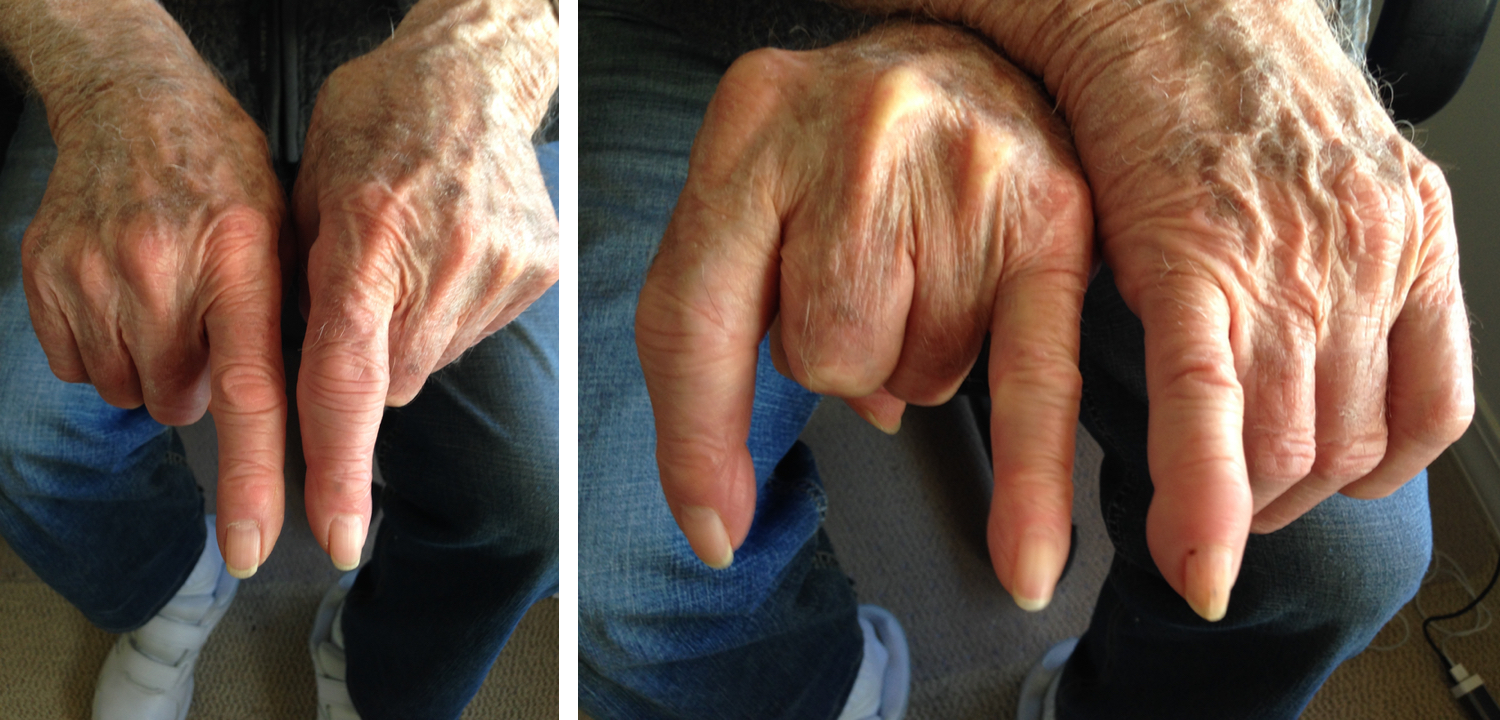MAGIC MENTOR MONDAY: Harry Lorayne
November 9, 2015
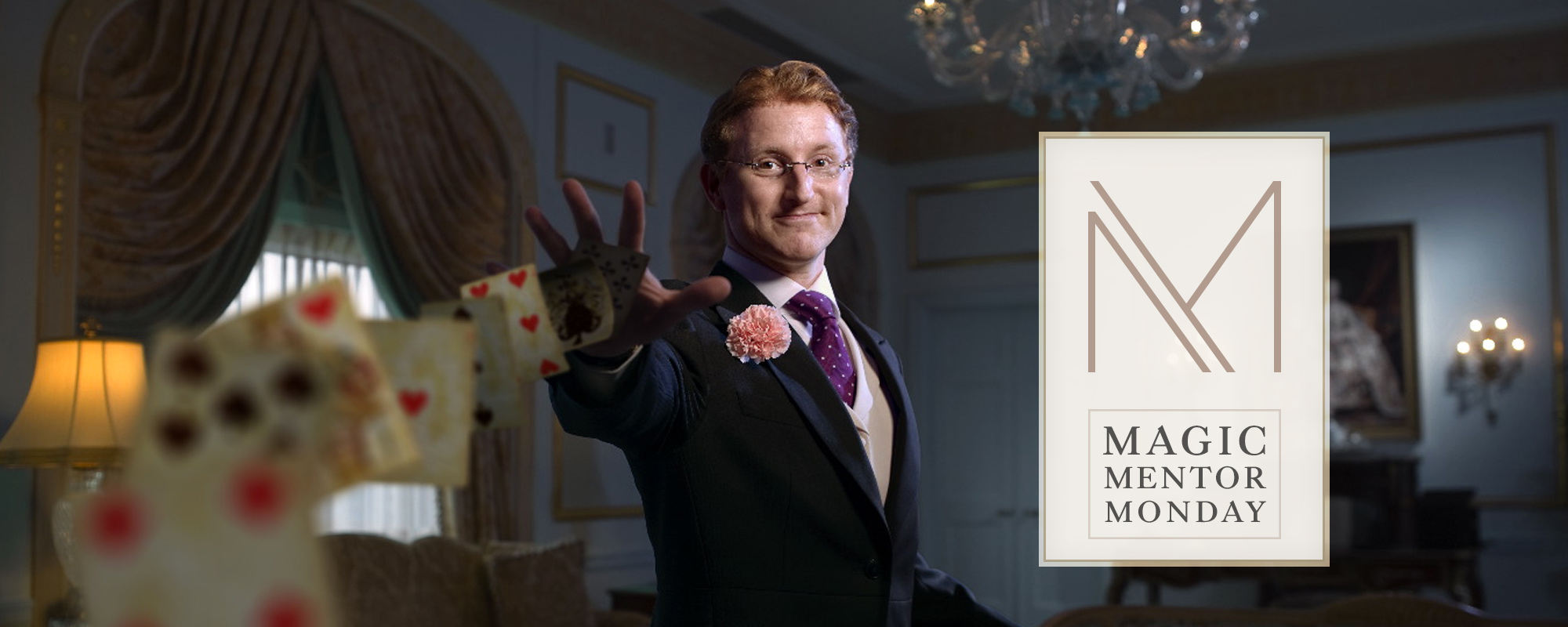
Welcome to MAGIC MENTOR MONDAY. In this weekly series, I introduce you to my magic mentors – people who have inspired me to become a better magician. Each Monday you’ll meet someone who has offered advice, or acted by example, to help steer my career.
Some of these people are alive, others no longer with us. Some are famous, others not so much. The beauty of mentorship is that you don’t necessarily have to meet your mentor face-to-face, nor even live during the same time in history. Many of the people who motivated me were alive a century before I was born! By reading classic books, old newspapers, and magazine articles, I’ve tracked down stories about their lives and work that continue to inspire me to become a better entertainer.
My “big three” mentors are Max Malini, Johann Nepomuk Hofzinser, and Jean Eugène Robert-Houdin. Each of these giants has been featured in previous weeks. You’ll also read about more contemporary figures like Albert Goshman, non-magicians Danny Kaye and Sammy Davis, Jr. and even fictional characters like Willy Wonka.
How do mentors inspire? They set examples, helping us imagine how we too might solve a particular problem. By seeing the world through a mentor’s lens, we can learn more about them, and about ourselves, at the same time.
♣♥♠♦
Imagine this:
I once read an article about an imaginary magician’s contest. Exactly one hundred of the world’s most talented close-up magicians would be invited to compete. Each magician must stand at his own table, and a thousand laymen would freely wander the hall, gravitating toward the most gifted performer. The table with the biggest crowds at the end of the night, wins.
By the end of the night, a thousand laymen, plus the other 99 magicians, would all be standing at one table. The magician they’d be watching:
HARRY LORAYNE
Harry is and always has been a dynamo – give him a deck of cards and an audience, and it’s off to the races. When he was younger Harry presented lectures to magicians that were legendary for lasting 6, 7, even 8 hours. His audiences got wrapped up in his crisp and punchy voice, his sly humor, and his rat-a-tat machine gun delivery.
If you’ve never heard Harry speak, his voice sounds like a mix between Regis Philbin and physicist Richard Feynman. It has a gravelly, old-New York quality that contrasts handsomely with his overly crisp enunciation. He speaks with a quick authoritative cadence that jumps out and grabs you by the collar. Or as he would say, “by the coll-ah.” You can take the kid out of the Lower East Side, but you can’t take the Lower East Side out of Harry.
I first met him when I was 12 – thirty-two years ago – at the Tannen’s Magic Jubilee in Loch Sheldrake, NY. Harry was a guest performer at the close-up show on Saturday morning, and I thought he was “putting us on” when he announced that he could memorize the order of a shuffled deck of cards. At the time I didn’t know about his reputation as the world’s foremost memory expert. He had been on the Tonight Show with Johnny Carson over 20 times, and written many instructional books on memory techniques. In the show I watched, he not only memorized the deck but knew which cards had been secretly moved to different spots while his back was turned. It was a pretty incredible feat that made an indelible impression.
Later that night, I spoke to Harry briefly and he mentioned that all of the “good guys” who did magic in New York City met every Saturday afternoon. “You oughtta come the next time you’re in town,” he said.
My parents were supportive of my passion for magic, and gave me permission to take the Metro North train into Manhattan once a month. Throughout the 1980s and early 1990s I regularly met up with my best friend Mark Sicher, a city kid who I met at Tannen’s Magic Camp. (Mark also became a mentor to me, and will be the subject of a future article.) We’d meet at Tannen’s Magic Shop, and then walked up Madison to 38th Street to the weekly magician hang-out: Reuben’s Delicatessen.
 Move past the counter, beyond the booths and through a thick waft of pastrami steam and pickle juice, and you’d enter a large back room. Its inhabitants were a hodgepodge of middle-aged men dressed in unfashionable suit jackets. At their vortex was Harry Lorayne. You could hear his distinct voice the moment you entered the back room, and he was surrounded by other magicians who hung on his every word. They called this “holding court,” and Harry was clearly the king.
Move past the counter, beyond the booths and through a thick waft of pastrami steam and pickle juice, and you’d enter a large back room. Its inhabitants were a hodgepodge of middle-aged men dressed in unfashionable suit jackets. At their vortex was Harry Lorayne. You could hear his distinct voice the moment you entered the back room, and he was surrounded by other magicians who hung on his every word. They called this “holding court,” and Harry was clearly the king.
Mark Sicher and I watched Harry hold court at Reuben’s week after week, and eventually got up enough courage to show him some of our own original tricks. Harry encouraged young magicians to explain their tricks so that he could publish them in his monthly magazine, Apocalypse. It was a way for no-name magicians like us to become “known” in the community. We were fortunate to brainstorm our ideas with Harry, and other giants in the New York magic scene like Ken Krenzel, Sol Stone, and Bob Elliott.
In addition to being an Apocalypse subscriber, I bought every magic book that Harry published, and devoured them throughout my formative teenage years. I consider myself a student of Harry’s both through his writings, and through the hours of personal time we have spent together. He generously invited me to his home at 62 Jane Street in the West Village many times. And after he moved out of Manhattan we continued to correspond and meet periodically at his new home and other mutually-convenient spots.
I’ll always remember an afternoon that we spent together in his house, swapping card tricks. After a few hours, Harry’s wife Renee popped her head into the office to check in. Harry looked up and said, “Hey Renee, he’s almost as good as me!”
What lessons have I learned from Harry Lorayne?
MISTAKES DON’T EXIST
One of Harry’s doctrines is: “Never admit that something has gone wrong!” When you make a mistake, keep moving forward as if the outcome was what you had originally intended. Although you may be panicking internally, most audiences won’t realize that you’ve flubbed. Always end the trick in some way, and move on to the next.
Conversely, he believed a positive “accident” might occur — something great could happen that was entirely unexpected. His rather irreverent attitude is: always take credit for lucky hits! Why not? The audience never knew what the outcome was supposed to be, so why not take credit for possessing incredible skill?
My own interpretation of this doctrine is that you must acknowledge everything the audience sees and experiences during a performance. If something unexpected occurs, don’t ignore or pretend it didn’t happen. Simply acknowledge the disturbance, and try to weave it back into your original presentation in a clever or pleasing way.
THINK THREE STEPS AHEAD
Harry doesn’t perform discreetly. While performing one card trick, he secretly sets up for another trick he plans to perform ten minutes later. Of course the audience is never aware of his forward planning, nor should they be. This is behind-the-curtain stuff, the structural framework that makes for a seamless audience experience. One routine glides breezily into the next, and into the next one after that. The audience goes along for the ride since there are no sawhorses for them to climb over, or duck under.
This “thinking ahead” requires a mental process known as Situational Awareness – the awareness of yourself in both 3-dimensional space and time. You must watch yourself as a third person, and see yourself in the future. While Harry has never used the term Situational Awareness, he has embodied it in his performances. Planning for something that won’t be needed until ten minutes from now, while performing a complex trick at the present moment, requires a quick and agile mind. Harry has one of the quickest minds of anyone I’ve ever met. (See the video below for a glimpse at his mental capabilities.)
SELL IT LIKE NOBODY’S BUSINESS
There is an old saying among Vaudeville performers: “Hit ‘em over the head, tie ‘em in a knot, and get off.” In layman terms: have a strong opening, an engaging middle, and an ending that leaves people wanting more.
Harry’s performances are an excellent example of this philosophy. He often starts his card magic sessions with a quick and powerful effect. While shuffling the deck he says, “I’ve practiced for years, going all over the world, and found that cards are different – different weights, sizes, and textures – so I’ve had to practice taking any deck, to learn how to do this. My dream is to cut a shuffled deck into four piles, and cut to all four kings. Wow! My dream just came true.”
As he speaks the final words, the audience is shocked to find all four kings staring them in the eye. A quick and startling opener that “hits ‘em over the head.”
Harry is best at “tying ‘em in a knot.” Though he has spoken his lines (or patter) thousands of times for thousands of audiences, it always feels fresh. You feel that he is talking directly to you, responding to you personally. I’ve heard Harry say the identical lines dozens of times with virtually no variation in word choice. But it always seems spontaneous. He doesn’t recite his lines, he manifests them.
When he tells a story, even if it’s full of odd-sounding characters (with names like “Big Fella, Little Fella,” and “Two Shuffles Harry”) you can’t help but get wrapped up in his performance. Harry is so genuinely committed to his story that it feels important. He emphasizes the key points with clarity so there is no confusion. At the end of the day, it’s just a card trick, but Harry imbues his personality and infectious enthusiasm into the trick so it feels like you are participating in an event.
The final part of the Vaudevillian saying, “…and get off” may not exactly apply to Harry Lorayne. Once Harry gets started, it’s hard for him to stop. At some point, the audience’s minds begin to melt, and as they wipe away tears of laughter and exasperation from their cheeks, Harry puts down the cards, calling it a day.
THE PINKY CHECK
Harry and I shared a laugh when he shared this practical lesson for male performers. Immediately before stepping on stage, he suggests using the tip of your right pinky finger to find the upper end of your trousers zipper. If your fingernail clicks against the zipper’s metal pull-tab, then you are safe and ready to make your entrance. If your pinky slides in up to your knuckle, however, then you have to XYZ PDQ (eXamine Your Zipper, Pretty Darn Quick)!
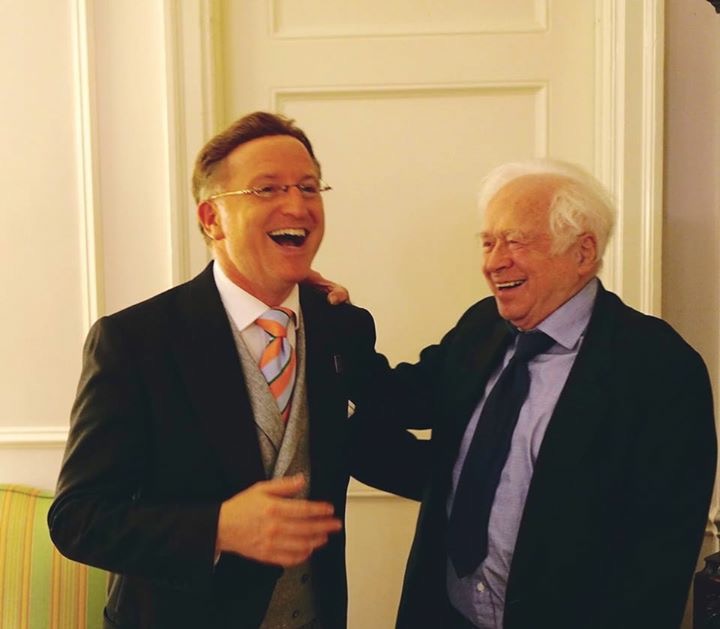 Harry told me that it would be more than embarrassing for him to accidentally walk onstage with his fly open, because of who he is. For decades he has been billed as “the world’s foremost memory expert,” and “the Yoda of memory training.” If the memory expert can’t even remember to zip up his zipper, he loses all credibility! The pinky check has served him well throughout his career.
Harry told me that it would be more than embarrassing for him to accidentally walk onstage with his fly open, because of who he is. For decades he has been billed as “the world’s foremost memory expert,” and “the Yoda of memory training.” If the memory expert can’t even remember to zip up his zipper, he loses all credibility! The pinky check has served him well throughout his career.
As an aside, I was once caught with my zipper open during my Chamber Magic show. At one point in the show, I make a solid red brick appear inside a previously empty hat. It’s a crowd-pleaser. On one particular night, a man in the second row unexpectedly stood up, walked to the front of the room, and handed me a folded paper. It was impossible to ignore him, so I unfolded his note, read it silently (“Your zipper is open!”), and laughingly explained the situation to my audience. After turning my back to correct the situation, I ad-libbed: “At least now you know where the brick came from!”
From that night forward, the Pinky Check has become the last action I take before walking on stage. Every time.
Conclusion:
Harry Lorayne is now 89 years old, and considered a living legend in the world of card magic. Since he moved away from New York, we have seen each other less frequently, but still try to meet bi-monthly at his accountant’s office (Alan Frankel, also a magician). On several occasions I’ve driven four hours each way to spend an afternoon in the Hamptons with Harry, returning to Manhattan after dark. Each time, it gets harder to say goodbye. I love this guy. He makes me feel like a teenager again, sitting around the table at Reuben’s, watching him “hold court.”
The members of his court have dispersed, and his frantic performance pace has slowed down due to his arthritic fingers. (See photos below.) But his mind is as sharp as ever. Leave it to a memory expert to remember everything like it was yesterday.
Finally, watch this great episode of “I’ve Got A Secret” to see Harry (age 32) dramatically memorize the name and face of every person in the 500 seat theater!
Next Week: ALBERT GOSHMAN
For further study, read:
Magic Books written by Harry Lorayne:
Close-Up Card Magic • Personal Secrets • My Favorite Card Tricks • Deck-Sterity • Best of Bill-Fooled
The Hundred Dollar Book • Dingle’s Deceptions • Reputation-Makers • The Great Divide
Tarbell #7 • Rim Shots • Afterthoughts • The Epitome Location • The Magic Book • Finger Fantasies
The Card Classics of Ken Krenzel • Quantum Leaps • Best of Friends, Volume I • Best of Friends, Volume II
Best of Friends, Volume III • Star Quality • Trend Setters • Doug Edwards Packs a Wallop • The Himber Wallet Book
Personal Collection • Lorayne : The Classic Collection Volume 1, 2, 3, 4, 5 • Mathematical Wizardry
Special Effects • Before I Forget • Jaw Droppers
Monthly magic magazine: Apocalypse
Memory Books:
How to Develop A Super-Power Memory • Secrets of Mind Power • Instant Mind Power • Miracle Math
Memory Isometrics Course • Mental Magnetism Course • Good Memory – Good Student!
Good Memory – Successful Student! • The Memory Book • Remember People (The Key to Success)
The Page-A-Minute Memory Book • Memory Makes Money • Super Memory – Super Student • Ageless Memory
The MEMORY POWER Package (sold on national infomercials)
